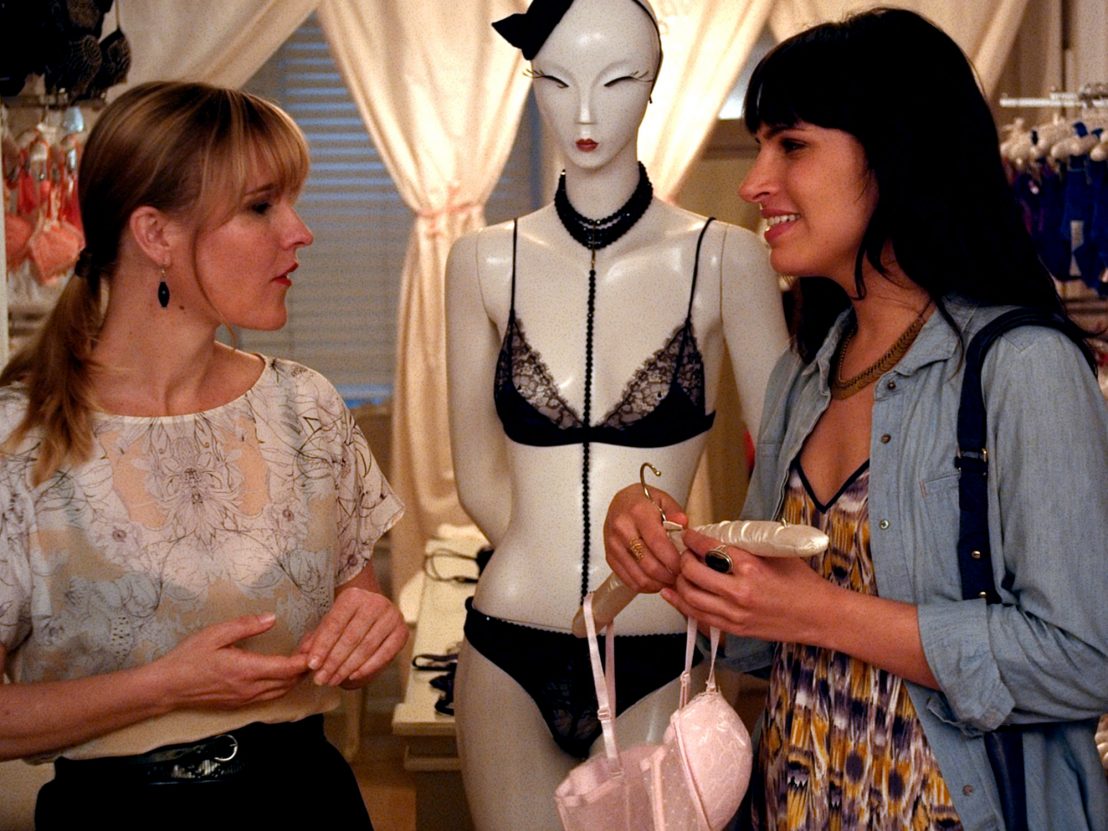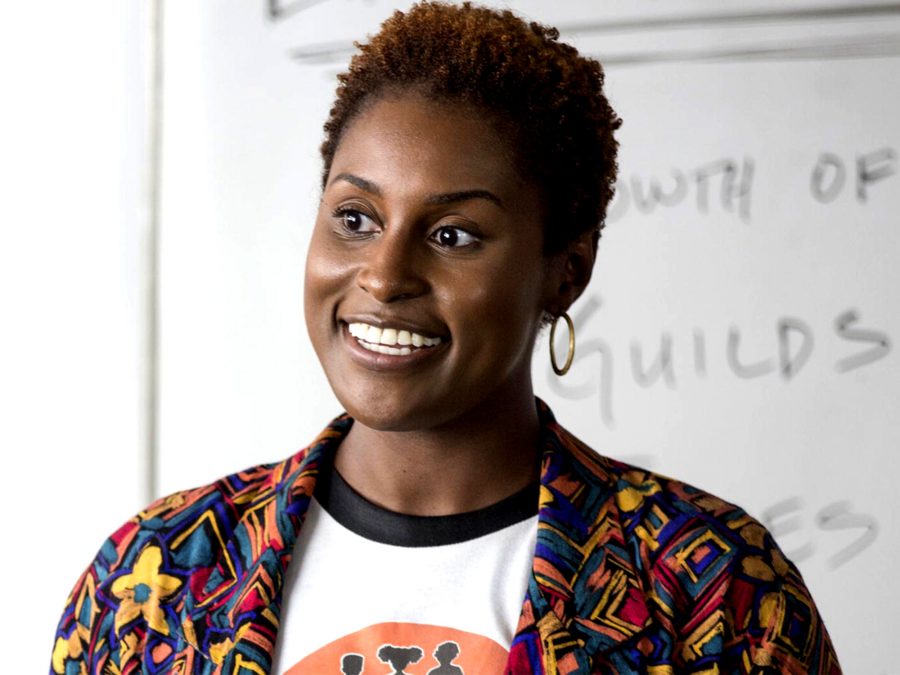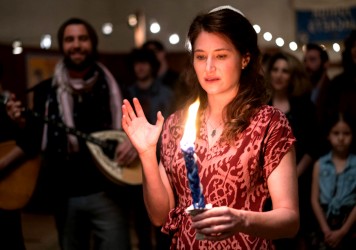
The dominant voice of indie cinema is changing, thanks to numerous female directors who are daring to reset the tedious, well-trodden narrative path of boy meets girl. The experiences of a quarter-life crisis are the beating core of their work: twentysomethings stumbling, or perhaps more accurately bulldozing, their way through the beginnings of adulthood, which seems to be occurring at an increasingly later age.
These films aren’t a far cry from the saccharine rom-coms of the early 2000s, a period that saw a spate of films primarily concerned with job woes, love and friendship. Nevertheless, surreal awkwardness prevails, with humour so dry it could be described as arid, awakening a nuanced form of comedy that involves the combination of utter indifference and apathy with sunny optimism. Characters are Woody Allen-inspired caricatures of themselves (take the neurotic Shoshanna in Girls, for example). They speak undiluted truths, often stumbling into the murky waters of inappropriateness with lines that sound designed to be posted in 140 characters or less, typically delivered with a deadpan drone. Subtlety is certainly not lacking but we applaud them for it.
The originators of this modern archetype are generally considered to be Lena Dunham and Jenni Konner, both of whom arguably set the bar in terms of various recurring sentiments and sensibilities, including unashamed nudity and quick quips. For all its foibles, Girls – the final season of which begins on 12 February – continues to be revolutionary in its direction and storytelling.
But while Dunham’s work only reaches so far in terms of relatability, often criticised for its lack of diversity, Issa Rae is another writer/director who has helped shift the style into a wider sphere. The creator of the cult YouTube show The Misadventures of Awkward Black Girl, based upon protagonist J’s stream-of-consciousness micro-anxieties, Rae employs many familiar components into her work – including the hilarious lack of social graces and refreshingly palpable existentialist angst – but without the undercurrents of entitlement.
Her recent HBO series, aptly titled Insecure, documents the everyday tribulations of best friends Issa and Molly. It follows a similar dialogue to its predecessors, with the calamities of early adulthood at the core, however with whip smart quips worthy of Larry David (“being aggressively passive is what I do best”), Rae’s work brings the genre into a whole different league.

Another significant contributor to this reshaping of the indie cinema landscape is Desiree Akhavan, who in 2014 debuted her beautifully persuasive comedy Appropriate Behaviour, a semi-autobiographical film about an Iranian-American bisexual woman in the throes of a messy break-up. Not only is her writing super sharp, with instantly memorable lines such as “John’s spearheading a campaign to bridge the gaps of gentrification in Brooklyn through mass kombucha brewing,” but she has a distinctive directorial style, too.
Her upcoming project, The Miseducation of Cameron Post (starring Chloë Grace Moretz and American Honey’s Sasha Lane) is a coming-of-age drama following the story of a girl who is forced into a gay conversion therapy centre after getting caught with a prom queen. Akhavan has already proven that she has no problem courting controversy with measured thoughtfulness, with Appropriate Behaviour occasionally teetering precariously close to the edge but always saving itself from toppling into the realm of poor taste.
Akhavan’s earlier project, The Slope, saw her collaborate with creative partner Ingrid Jungermann, a key figure hovering on the radar of Indie cinema. Lying outside the vein of cisgender norms, her ‘Homoeurotic’ web series F To 7th sees the lead character (also called Ingrid) attempt to navigate Brooklyn as a gay woman, in a landscape where gender and sexuality have left her antiquated ideas of lesbianism in limbo.
In 2016 Jungermann released her directorial debut Women Who Kill, a queer themed black comedy about a commitment phobic woman who is creating a true crime podcast with her ex-girlfriend. Her sensibilities pack the same punch as her contemporaries but, like Rae and Akhavan, she is moving the style in the right direction when it comes to enriching accessibility for audiences. With a few short films already under her belt and the nomination of the 2017 Independent Spirit ‘Someone to Watch’ Award, Jungermann is a director with an exciting career ahead of her.
As stories about the female experience become ever more vital in a world of conflicted, constantly shifting ideologies, the audaciousness of these talented directors is creating a new strand of cinema. By striving to create films that pass the Bechdel test and continuing to write complex, intelligent roles for women, we are starting to see less boy meets girl and more woman meets world.
Published 24 Jan 2017

In Jill Soloway’s hit show, women’s emotional outbursts are crucially not stigmatised as “hysterical”.

Read part one of our countdown celebrating the greatest female artists in the film industry.

From Fleabag to Transparent, the year’s best television has been dominated by incredible women.